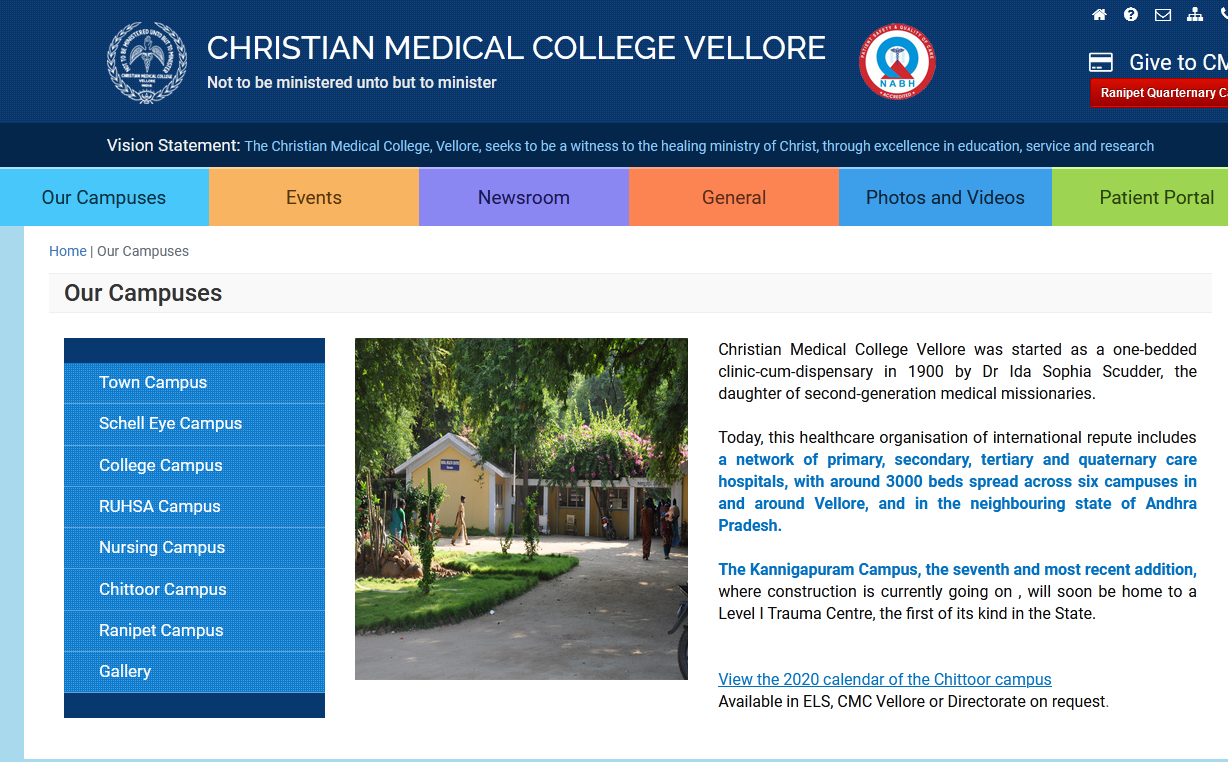Medical College, Thiruvananthapuram

The Government Medical College, Thiruvananthapuram (also known as Thiruvananthapuram Medical College) is in Thiruvananthapuram (the capital of Kerala), India. Founded in 1951, it was dedicated by Prime Minister Jawaharlal Nehru and is Kerala's oldest medical college. The college was known in early records as Medical College (of Thiruvananthapuram), since it was the only medical institute in the state at its inception.
- Read more about Medical College, Thiruvananthapuram
- Log in to post comments
- 477 views









